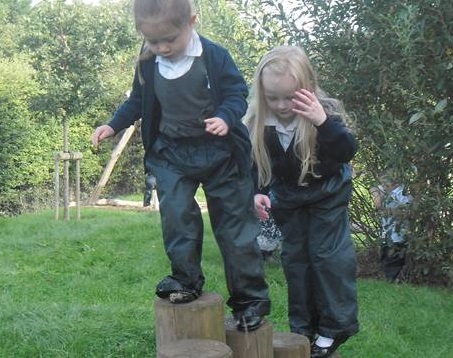
EYFS Specific Learning Goals
By the end of the Early Years Foundation Stage, it is expected that the children reach the following goals.

Understanding the World
Past and Present
People, Culture and Communities
The Natural World
Mathematics
Number
Numerical Patterns
Expressive Art & Design
Creating with Materials
Being Imaginative and Expressive
Literacy
Comprehension
Word Reading
Writing